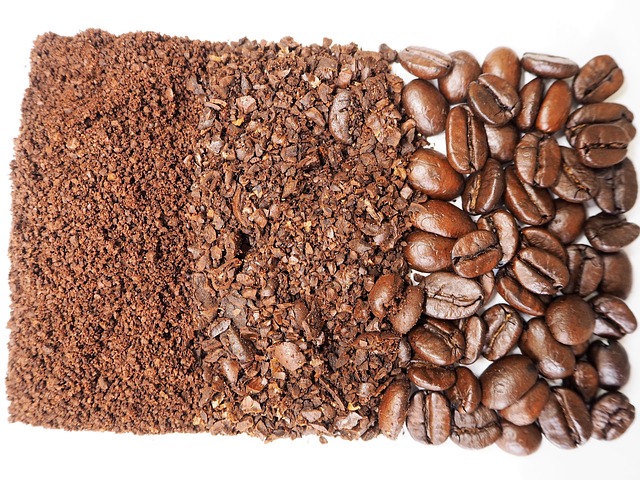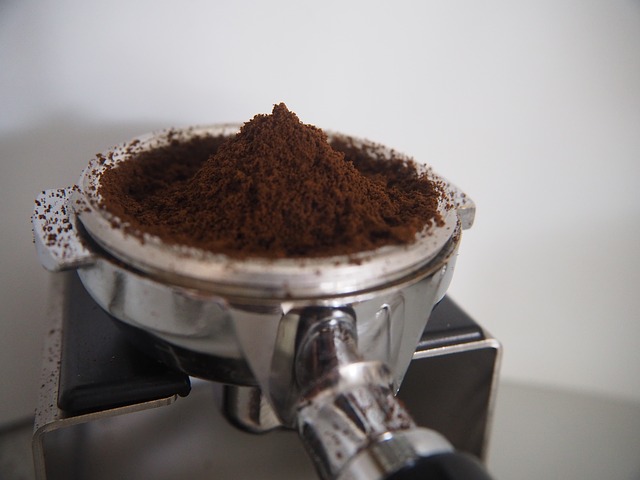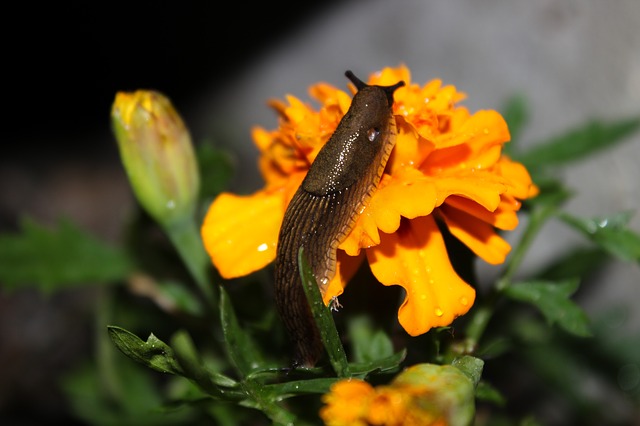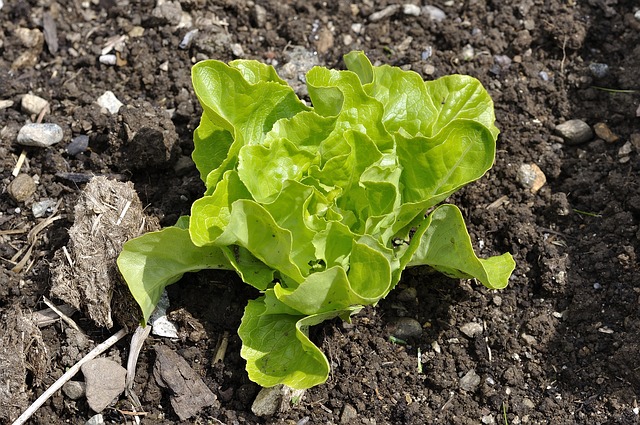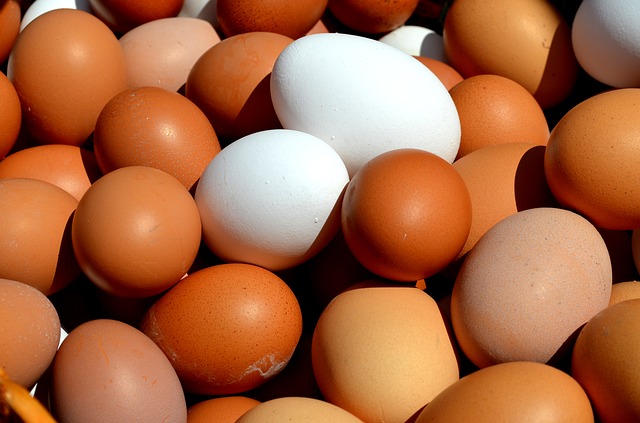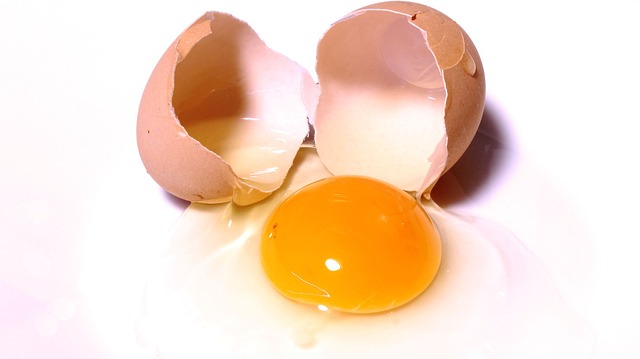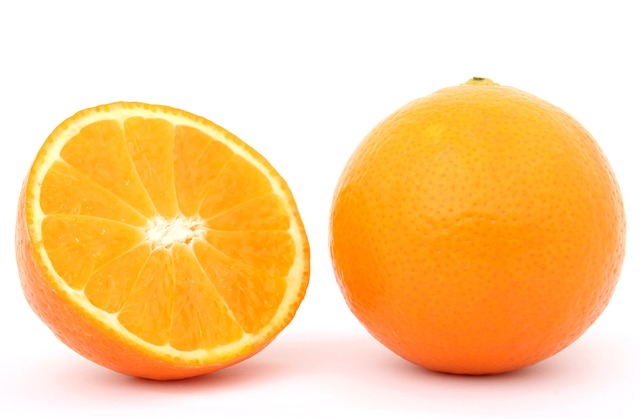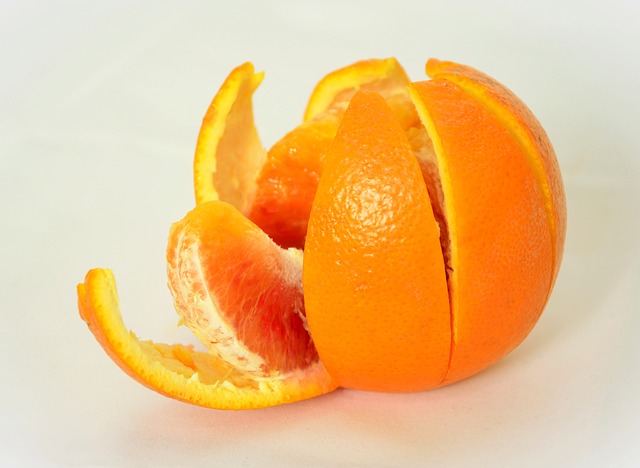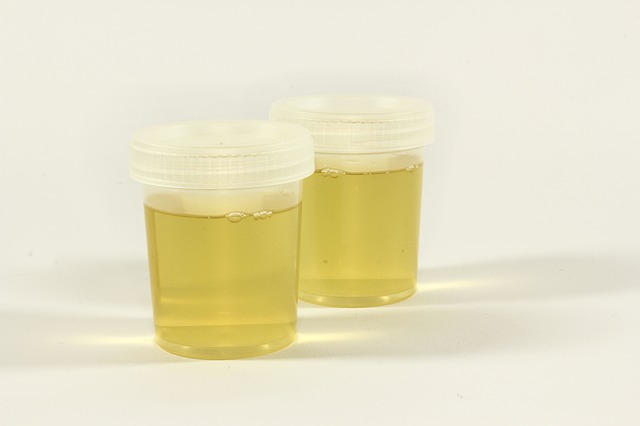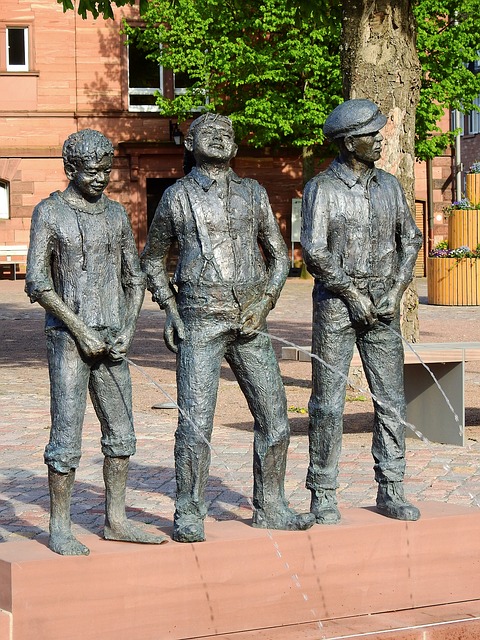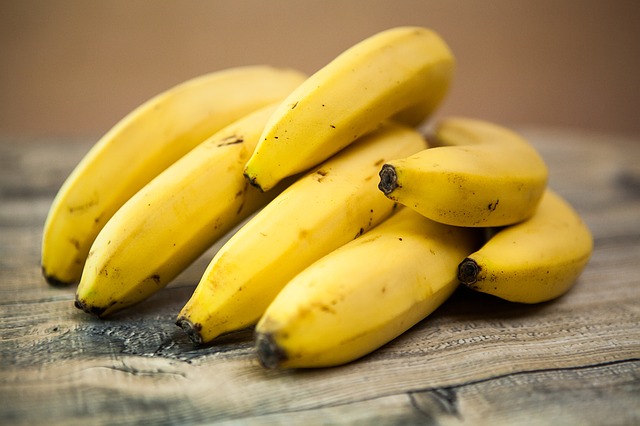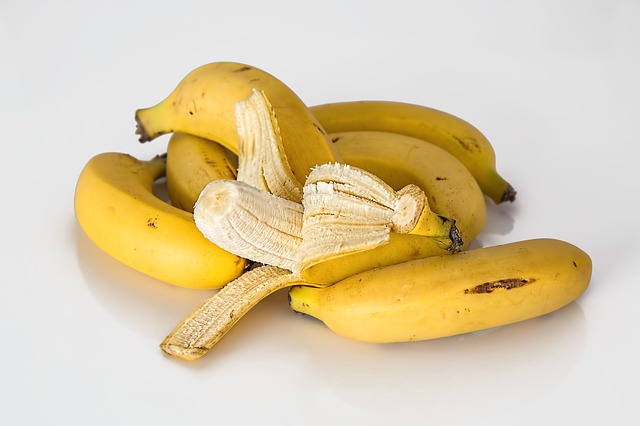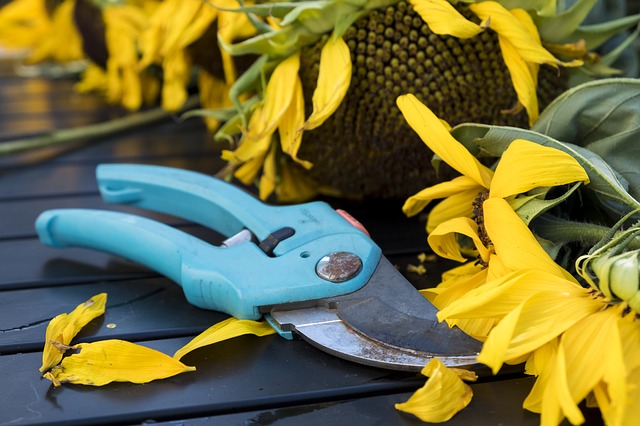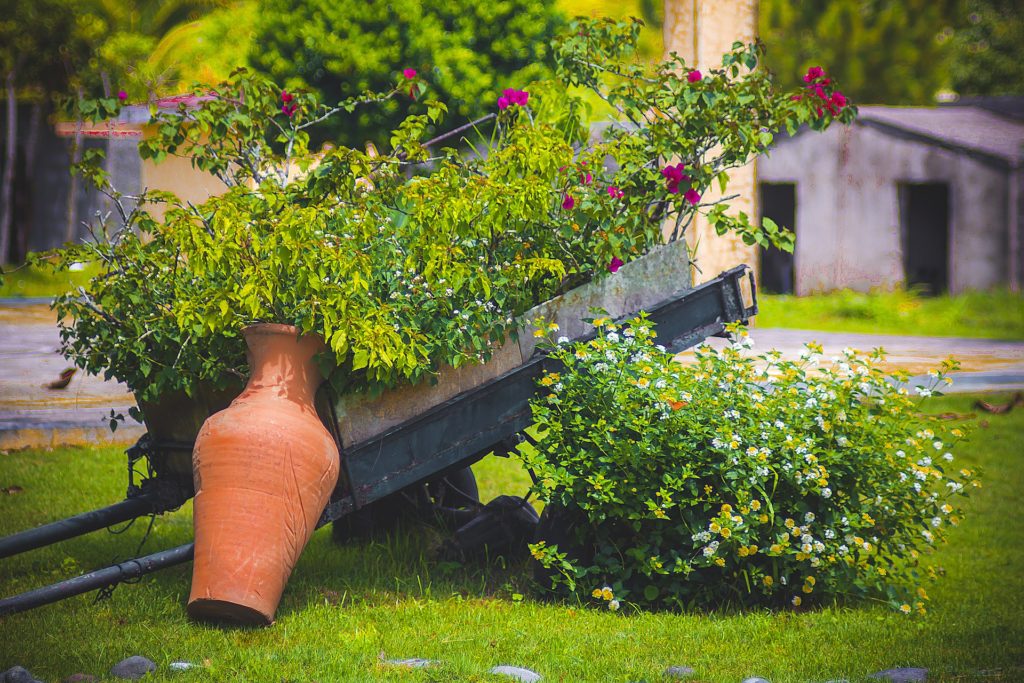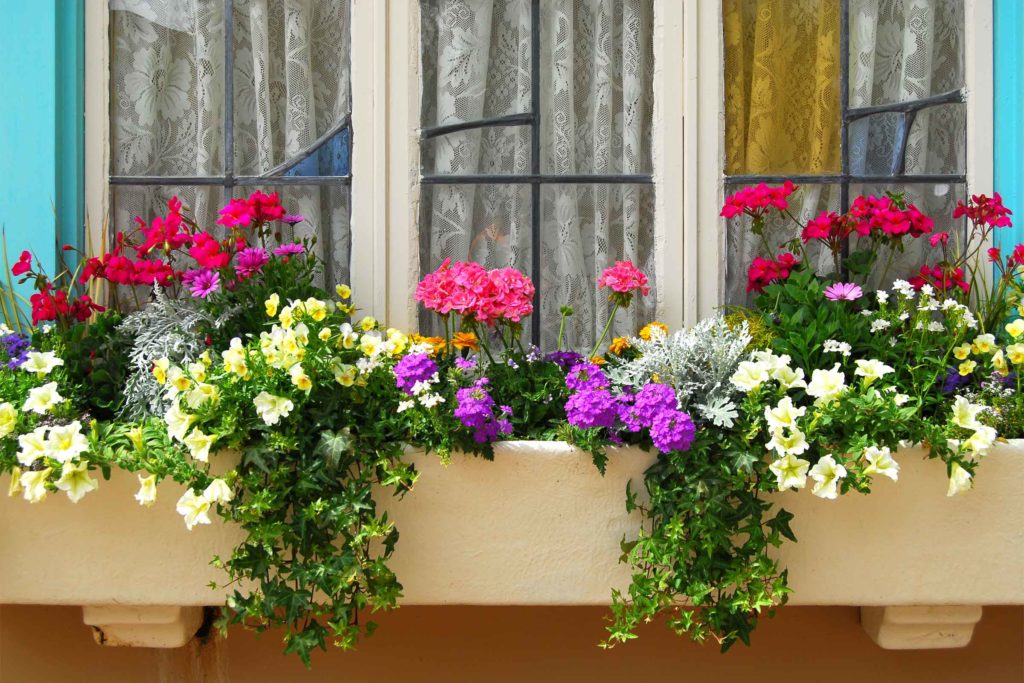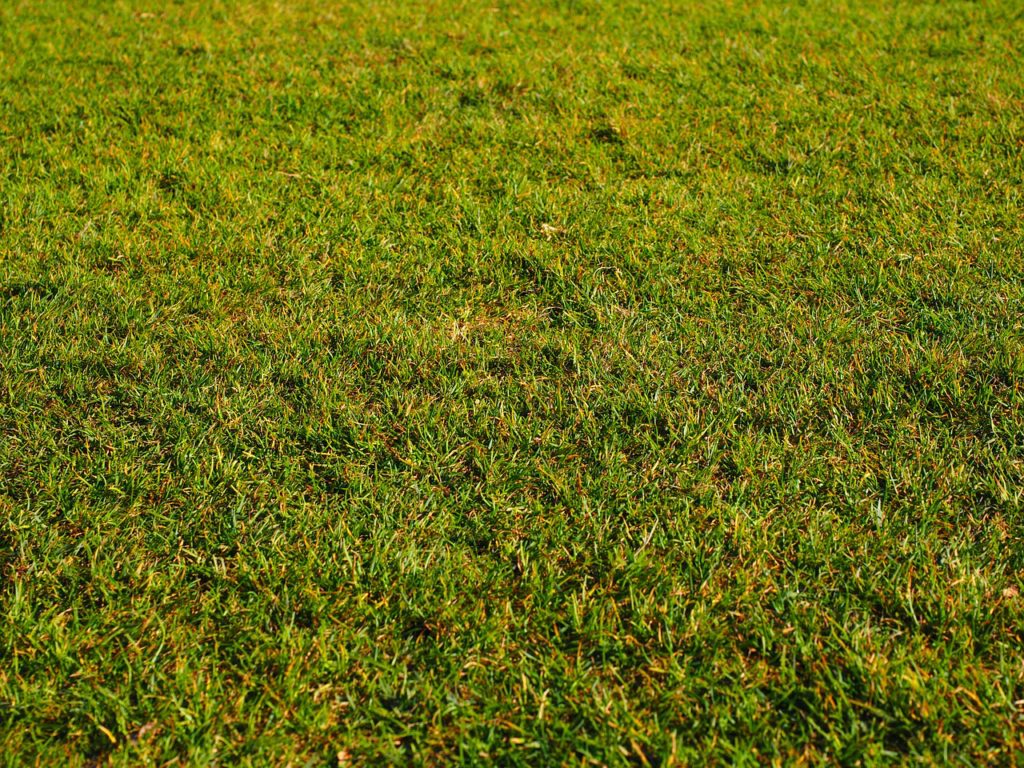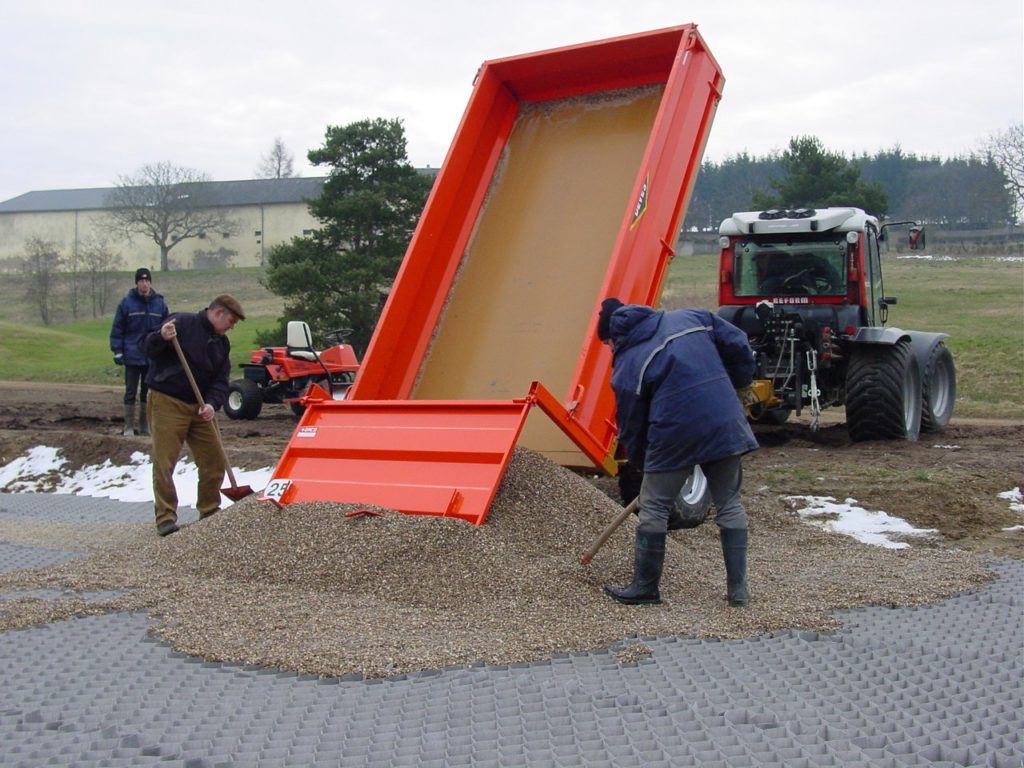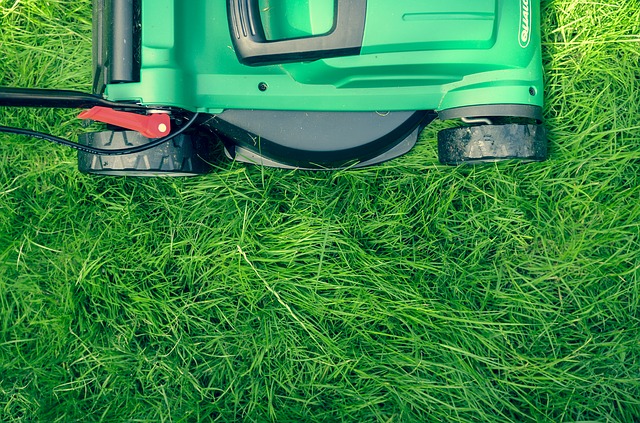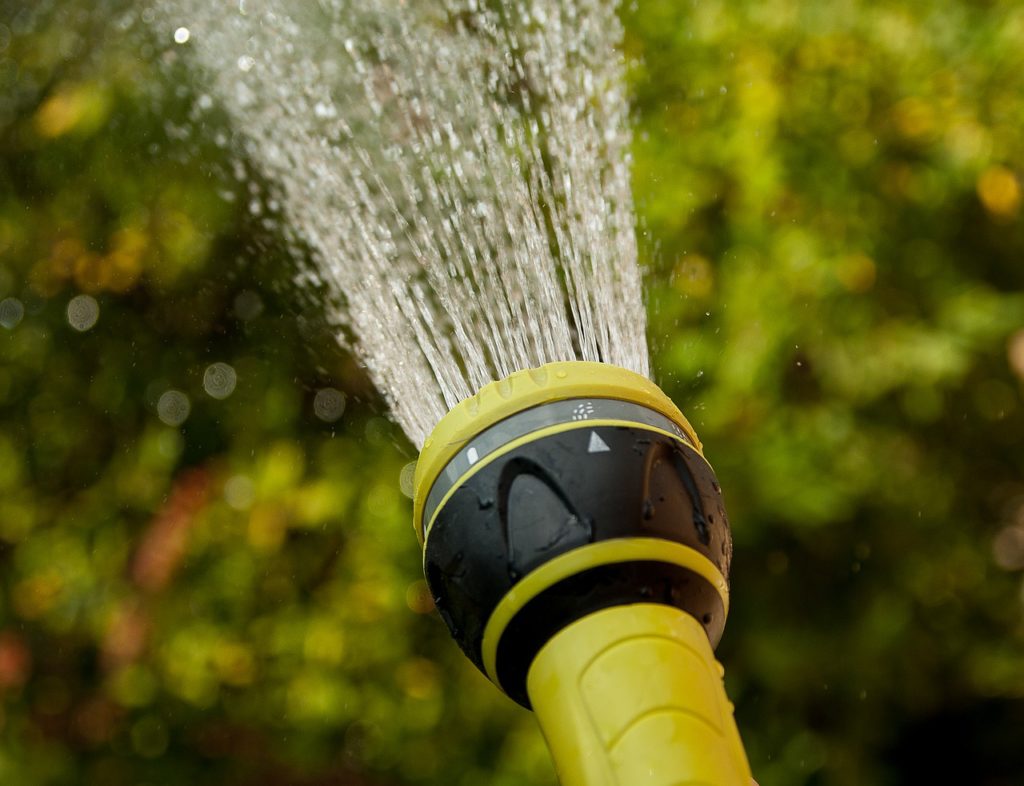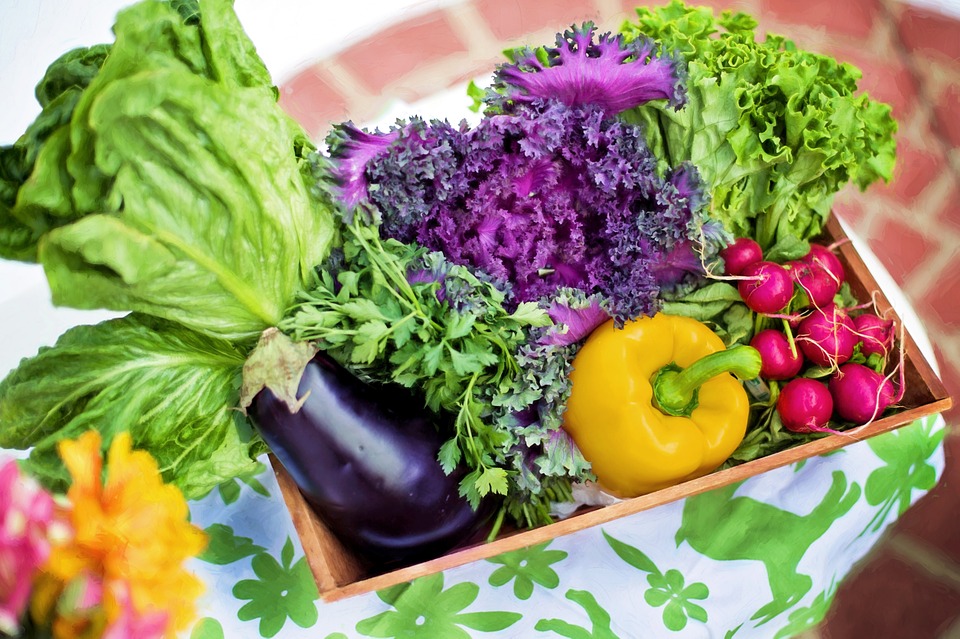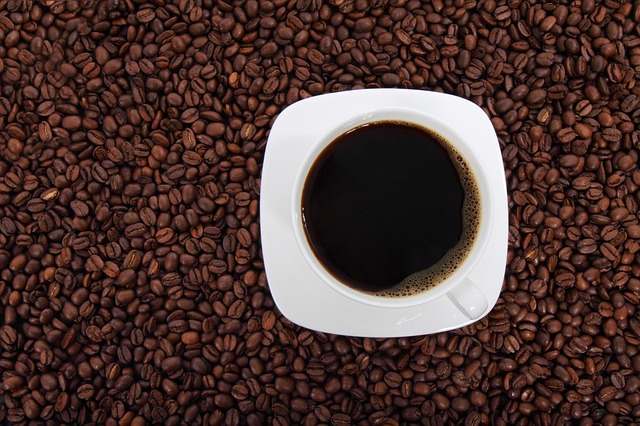
Your morning cup of coffee can help you to not only start your day off right, but in the garden as well. The grounds used to make it have many important properties that are ideal for both plants and soil. By using your coffee grounds in the garden you’ll be able to take advantage of them while cutting down on waste.
Using Coffee Grounds As Fertilizer
You can use your coffee grounds as an all natural fertilizer for your plants by adding it directly to the soil. Grounds shouldn’t be considered a substitute for a nitrogen fertilizer but instead as a natural supplement. Adding anywhere from a sprinkling to an inch of grounds to your soil is considered safe for plants. You don’t want to add more since once they dry out grounds can block both the water and oxygen intake of the plants’ roots.
And while grounds do a have a high nitrogen content, they will need to decompose first so that the nitrogen can be released. So when you add coffee grounds to soil, be sure to cover them with mulch, up to four inches, to help them break down as fast as possible. Unlike what you may have heard once they are used, the pH of coffee grounds is close to neutral.
So you won’t have to worry about them making your soil too acidic. (If you are looking to add some acidity you may want to place used tea bags in the garden.) All of your plants should benefit from their added nitrogen. But if you’re concerned you can always start with a small amount of grounds and work your way up to more with each application, if you don’t notice any negative effects.
Add Them To The Compost
Placing coffee grounds in the compost is an excellent way to increase its quality and structure. The high nitrogen content means it is considered a “green,” compost material. Just make sure to keep the percentage of coffee grounds in the compost at about 20% of the total, or under, for best results. And don’t forget to add your paper coffee filters as well.
Grounds are a favorite food of worms, which will help to break down your compost even more. By adding them to your bin or pile you will also be giving the grounds the adequate time needed for them to decompose. That way when your coffee compost is added to your garden soil later on, the nitrogen will be readily available for your plants.
Pest Repellent
Snails and slugs can cause serious damage to gardens. Luckily however, both of these backyard pests are sensitive to caffeine. In fact spray solutions made up of from one to two percent caffeine can be very effective in killing them. While grounds contain less caffeine, they still have enough to work as repellent.
Simply spread the grounds lightly around the base of the plants you’d like to protect. And when they reach the coffee grounds slugs and snails will slowly be on their way to find a meal somewhere else. Moles also happen to dislike caffeine. And placing coffee grounds in an active mole hole will deter them from coming back to it, at least temporarily.
While this could work in multiple holes at once, trying to use coffee grounds to get rid of ground moles permanently likely won’t be effective since they could just dig new ones. One of the more lesser-known uses of coffee grounds in the garden or yard is as an all-natural mosquito repellent.
Once dried out, you can place your used grounds in a bit of aluminum foil and light them. The burning grounds will have a strong smell and produce smoke which mosquitoes, along with wasps, and other insects dislike thus keeping them away when your relaxing outdoors.
As you can see there are many beneficial ways to use coffee grounds in the garden. So be sure to put them to good use after your morning cup, instead of throwing them out like everyone else.
Start Shopping for Composting Supplies!
4 Steps to Get Your Garden Ready for Spring
After being cooped up all winter, you may be dreaming about harvesting from a lush summer garden. But before you get there, there’s a lot of work to be done to get the garden ready. Spring garden prep can be intimidating, especially if your garden beds have been left...
What Not To Compost
Composting has many excellent benefits. It allows you to recycle organic material which can then be used to help to enhance your soil. And of course, it’s an environmentally friendly way to reduce trash. But before you get started you’ll need to know what not to...
How To Build A Vegetable Garden That Is Both Tasty And Attractive
A healthy vegetable garden can provide you with hours of stress-busting, mental health-boosting fun and give you and your family healthy, organic produce to eat for months. If you have even a few square feet of yard space, planting a vegetable garden is easy and...
Using Eggs Shells In The Compost
There are many food scraps that people use in their compost. However, there is one that is often overlooked. Using egg shells in compost is not just a great way to help reduce waste but also boosts the nutrient content of the soil you are creating for your plants....
Using Egg Shells In The Garden
Once you learn how you can use egg shells in the garden you won’t just think about eggs solely as food. Their shells are a free way to add to the health of your soil and plants, but they also have quite a few other helpful benefits as well. Here are the best ways to...
Using Orange Peels In The Garden
Oranges are a healthy snack and ingredient but you’re most likely wasting one of the most beneficial parts, the peel. While we can’t eat them, using orange peels in the garden has many surprising advantages. Here are the top ways you can put your peels to work....
Can You Compost Orange Peels?
If you’ve ever wondered, "can you compost orange peels?" the answer is yes. Although there are a few things you should know when doing so. So here’s your fast guide! Composting Basics When composting, you’ll need to include a mix of both carbon and nitrogen-rich...
Using Urine As Fertilizer
While urine is waste, it also contains nutrients that our bodies can’t use. But your garden can! Using urine as fertilizer is free and as organic as it gets! Here’s what you’ll need to know when thinking about using it. There have actually been multiple studies that...
The Urine-Compost Connection
Composting is all about re-using organic materials. And like the majority of us, you probably have been flushing away one of the most natural ways of all to condition your compost. By adding urine compost can be given a huge boost and that is passed on to whatever...
Using Banana Peels In Compost
Can you put banana peels in compost? You bet you can! While bananas offer us some extremely important nutritional benefits that help us to stay healthy, their peels can be used to add to the health of your compost pile as well. Bananas are one of the most popular...
Using Banana Peels In The Garden
Bananas are both delicious and healthy. And you may have wondered after finishing your morning shake or afternoon snack whether those peels you’ve been throwing away for years could be used for other things. What can you do with banana peels? It turns out quite a lot,...
Common Gardening Injuries And How to Avoid Them
While gardening isn’t necessarily the most dangerous pastime one can think of, injuries do occur. Recent data suggests that in the US alone, over 300,000 gardening injuries occur annually. So whether you are a seasoned gardener or are just beginning, it’s important to...
Just Moved? How To Safely Transport Your Plants Into Your New Garden
It can take years of planting and care to create a magnificent garden. That’s why the prospect of relocating or moving houses can induce anxiety in gardeners. Whether you plant ornamentals, or if you grow your own vegetables, having to start over can be a daunting...
Filling Those Window Boxes: Flower Species That Thrive With Container Gardening
Those traditional window boxes overflowing with flowers may remind you of summer cottages or childhood dreams. This particular feature is one that you want at your home all year-round. Container gardening for window boxes takes a certain flair for picking out the...
Why You’ll Want To Revamp Your Garden with Artificial Grass
Installing an artificial lawn is an easy and attractive way to improve and revamp your garden. This is because an artificial lawn is like a real lawn, only much better! Artificial grass has been developed to such a high-quality standard that it looks and feels as...
The Best Grass Types For Creating A Drought Tolerant Lawn
Many of us live in dry and arid places. There are many locations around the world that unfortunately for your lawn don’t get much rain throughout the year. For people who live in these places, a green, healthy-looking lawn can seem impossible to have and maintain....
Garden Drainage: How to Avoid a Waterlogged Garden & Patio
Many locations around the world get a lot of rain. With an average of 33 inches of rain per year, this is especially true in the U.K. where it is rare for a day to pass that it is not raining somewhere. Regardless of where you live this can lead to problems with...
Easy Lawn Care? Experts Say It’s Possible With These Tips!
There's no way around it: If you want a lush lawn, you have to work for it. That entails putting in a lot of time, effort, and yes, money. And even if you are hiring experts in lawn care, you will still need to shoulder some of the responsibilities involved. That does...
Water-Wise Landscaping: Avoid Cultivating These Types Of Plants
Water is one of the primary needs of all plants. They need to receive the right amount of hydration to grow and thrive properly. You can ensure your plants get the hydration they need by watering them regularly using a garden hose or watering can, or by having a...
Starting A Vegetable Garden: Motivational Tips For Beginners
Back in the day, our ancestors did not have to go very far to buy vegetables, they just had to step out in their garden and pick up free, fresh veggies. Unfortunately, over generations, most of us have lost touch with our natural gardening instincts due to the busy...
